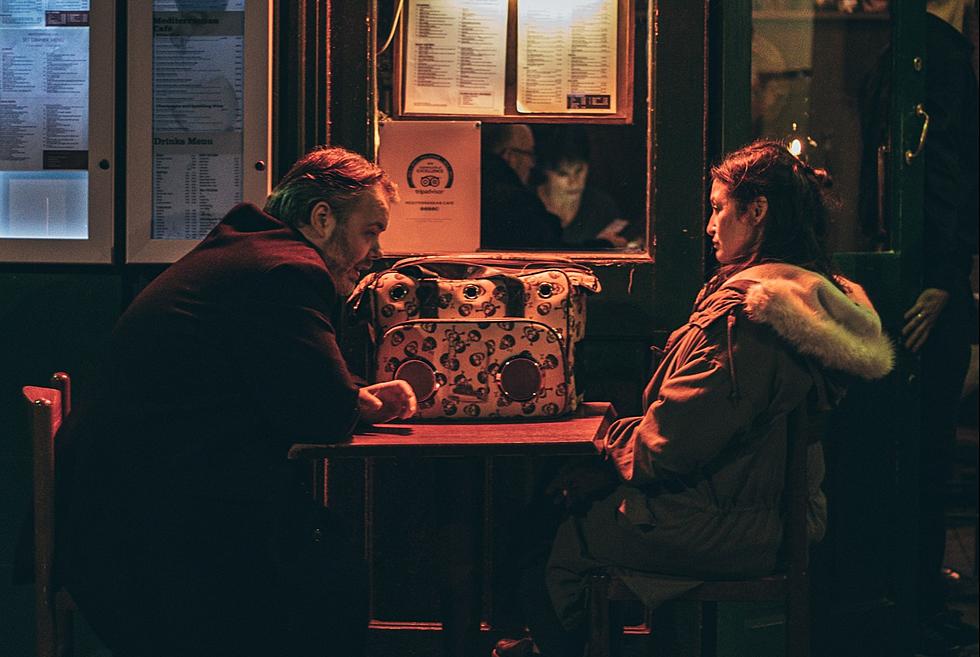50 Years Ago: Love Push Boundaries With Their Second Album, ‘Da Capo’
Love were arguably the definitive mid-'60s Los Angeles rock 'n' roll band. They had style, attitude, vision and a heaping helping of cool about them.
Led by the charismatic Arthur Lee, the band connected the dots between rock 'n' roll, R&B, soul, cabaret and folk to make a distinct take on pop music. Their first, self-titled album, which came out in March 1966, was a strong debut, but Lee didn't want to stay in one place musically, so he decided to take even more chances on Love's second LP.
Released eight months later, in November 1966, Da Capo built upward from the foundation laid down on the debut, adding more complex instruments, arrangements and production to this mix. "Stephanie Knows Who" opens the album with dueling harpsichord and guitar before Lee's powerful vocal cuts through the scene. Even though it's performed in 3/4 waltz time, the song is fairly straightforward until about halfway through, when a jazz-speckled sax solo comes blaring in. (Another L.A. band, the Doors, would employ a similar approach a couple years later on The Soft Parade.)
Guitarist Bryan MacLean contributes "Orange Skies," breezy, jazzy pop that shows yet another, slightly softer, side of the band. Other influences drift throughout the album, such as Burt Bacharach-styled pop (Love's debut single, "My Little Red Book," was co-written by Bacharach and Hal David) and bossa nova, which merge on "Que Vida!"
Meanwhile, sinister rock 'n' roll barrels through "7 and 7 Is," which was released as a single earlier in the summer. The blistering, tremolo guitars and rolling drums make a defiant, proto-punk statement that managed to climb its way into the Top 40. Then there's "The Castle," an acoustic song that prefigures the band's next album, the classic Forever Changes.
For Da Capo's second side, Love took a cue from the Rolling Stones' "Going Home" and Bob Dylan's "Sad-Eyed Lady of the Lowlands," both released earlier in the year, and check in with a lengthy jam: the 19-minute "Revelation." The song takes up all of side two, and is basically an open-ended and charged-up blues riff that features Lee ranting on top of it all.
It's a missed opportunity in some ways, making Da Capo a small step down from the debut album. But the other songs point to bigger and better things, which would be realized a year later with the arrival of Love's masterpiece Forever Changes.
1966's Best Rock Albums
More From Classic Rock Q107



![The Seven Types Of Love–According To The Ancient Greeks [PHOTOS]](http://townsquare.media/site/156/files/2021/01/love.jpg?w=980&q=75)






